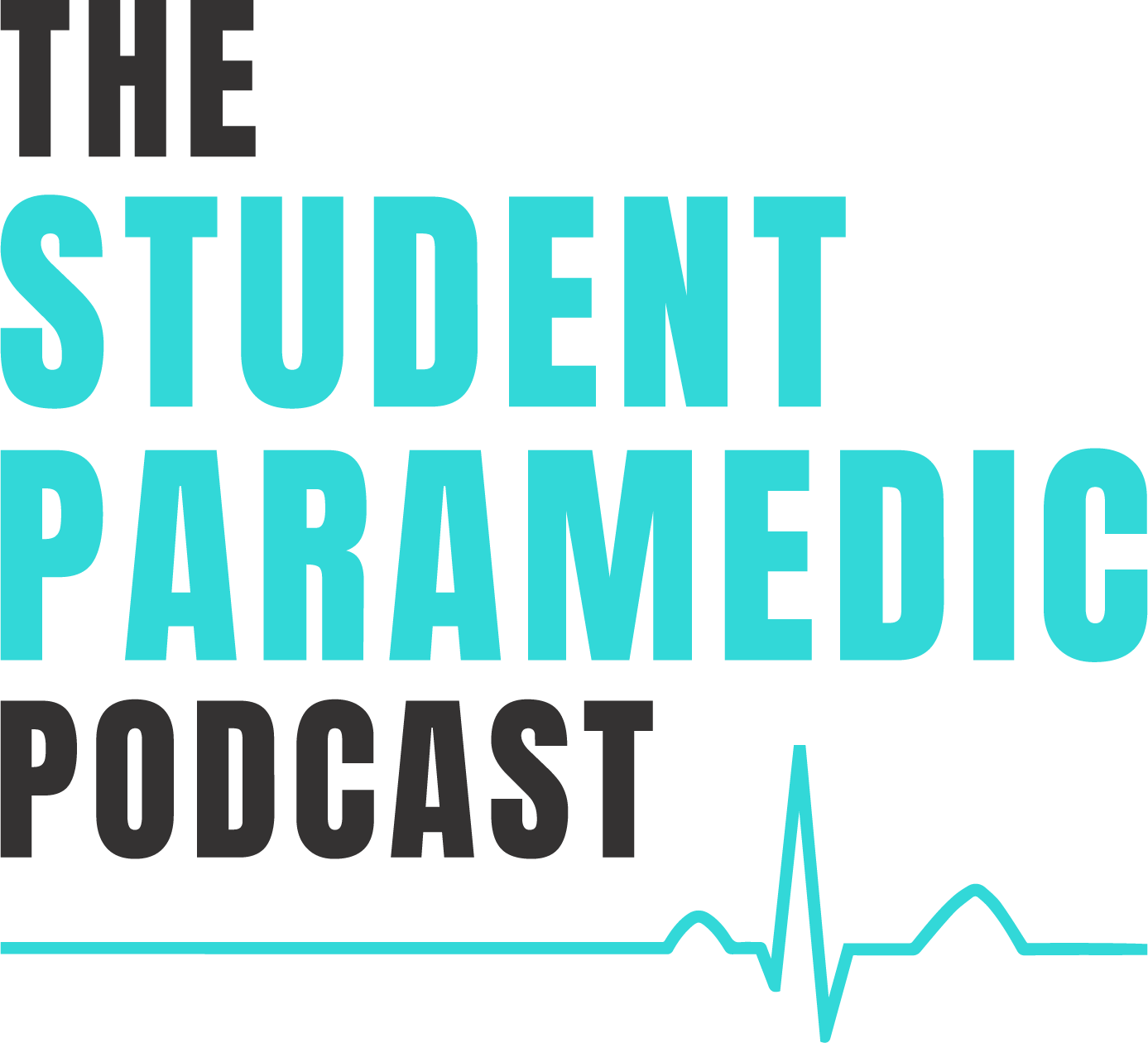One of the greatest things that starting this podcast has taught me, has been to get out of my comfort zone. The timeline from the idea of starting the podcast and getting the first episode released, was all but 8 weeks. There was no time to doubt the idea, no time to worry about getting the first episodes perfect, no time to worry what other people thought.
I realised afterwards that you cannot get something ‘perfect’ first go. Trying to make something perfect before you release it to the world just leads to procrastination. In order to improve something, it just needs to be put out there and receive feedback.
I’ve noticed how important the mindset of getting out of your comfort zone is for studying paramedicine and nursing. It has helped me be comfortable with asking questions when I do not know the answer, have confidence on placements, asking questions and participating in the tutorial room and talking to people who have so much more experience. This leads to the greatest point that has been shared throughout the podcast in many episodes.
Engage in your study, be curious about what you are learning and ask many questions These are essential elements that promote your growth and learning, but also require a little bit of courage.
Imagine throwing a question out to the class you are teaching or the audience you are speaking to and all you hear are crickets… how embarrassing!
We fear that if we try to answer a question, that we will either get it wrong and look silly in front of our peers or that we will look like a ‘know-it-all’.
Firstly, it is okay to make mistakes when in the classroom. Many of our guests such as the Free Radicals Paramedic Podcast, talk about how there is no such thing as a ‘silly’ question, especially when it comes to the paramedic profession. At the end of the day if you didn’t ask a question that you thought was a ‘silly’ question and you happened to make a mistake on road, then that is not okay. It is important to understand that no one knows everything and if asking a simple question is what it takes to put your mind at ease and strengthen your knowledge, then so be it.
Secondly, just jump into the simulation or scenario in the tutorial room and give it a go. Everyone is scared to work in front of a group of people and have everyone watch your every move. However, this is one of the best ways to prepare for placement and build your confidence in your skills, systematic approach and yourself. The best learning is hands on and getting critiqued by your peers and tutors will only prove to be of benefit to you.
Thirdly, being curious and having a positive attitude towards learning are also important traits highlighted by all of our guests. The Free Radicals mentioned that the best students that they have come across on road are the ones who breakdown the cases and ask many questions, not necessarily the ones who have the guidelines memorized. A tip for this is to carry a notebook and write down all of your questions. If your mentor cannot answer it, ask peers, research or ask other paramedics (work up the chain if you aren’t happy with the answer you are given).
Lastly and the most scary when it comes to being uncomfortable is to actively seek feedback. Seek it from yourself, your peers and your mentors. As demonstrated by guests such as Darren Hodge, reflection and feedback is crucial to growing in the profession. Don’t take feedback personal, look for the positives and areas for improvement in each thing you do.
But these require you to get out of your comfort zone.
__________________________________
About the Author:
Alexander hosts The Student Paramedic Podcast while studying undergraduate degrees in Paramedicine and Nursing.
Connect with the podcast on Instagram: @thestudentparamedicpodcast

